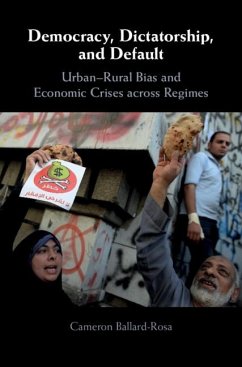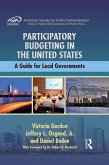The International Monetary Fund (IMF) predicts that, in the coming years, more than fifty countries are at risk of default. Yet we understand little about the political determinants of this decision to renege on promises to international creditors. This book develops and tests a unified theory of how domestic politics explains sovereign default across dictatorships and democracies. Professor Ballard-Rosa argues that both democratic and autocratic governments will choose to default when it is necessary for political survival; however, regime type has a significant impact on what specific kinds of threats leaders face. While dictatorships are concerned with avoiding urban riots, democratic governments are concerned with losing elections, in particular the support of rural voting blocs. Using cross-national data and historical case studies, Ballard-Rosa shows that leaders under each regime type are more likely to default when doing so allows them to keep funding costly policies supporting critical bases of support.
Dieser Download kann aus rechtlichen Gründen nur mit Rechnungsadresse in A, B, BG, CY, CZ, D, DK, EW, E, FIN, F, GR, HR, H, IRL, I, LT, L, LR, M, NL, PL, P, R, S, SLO, SK ausgeliefert werden.









